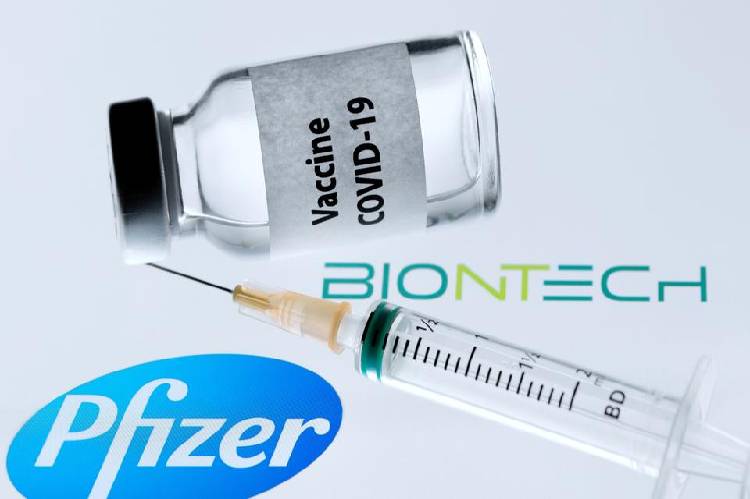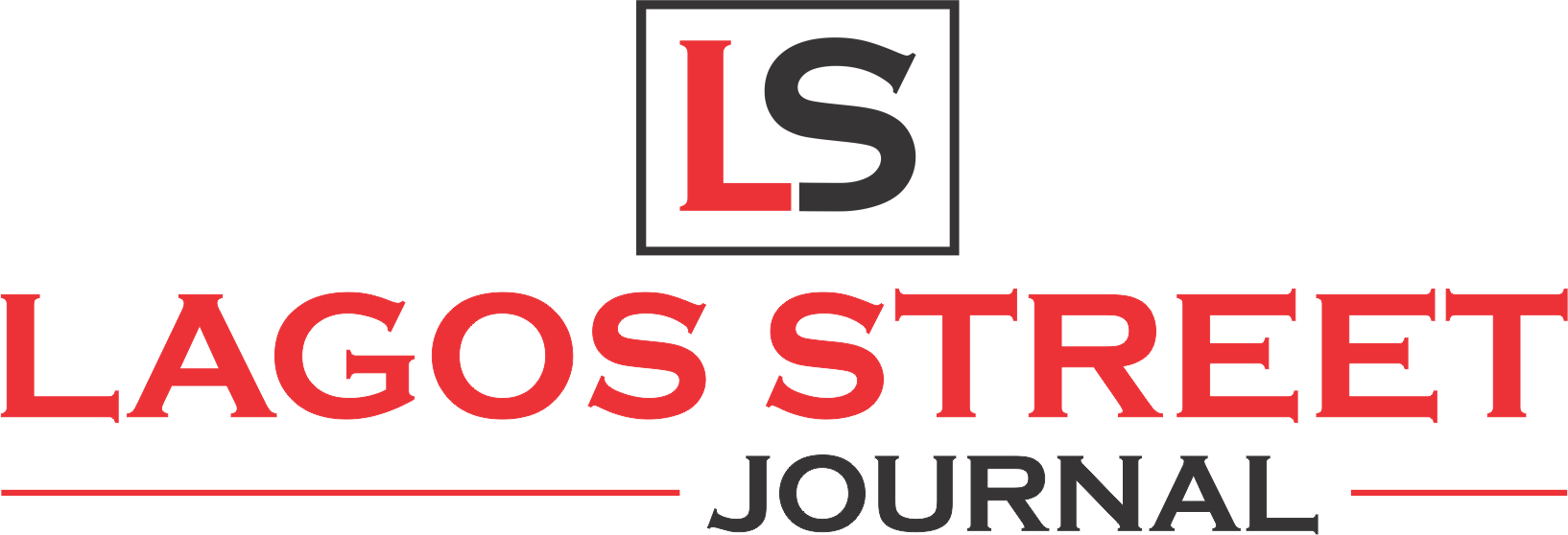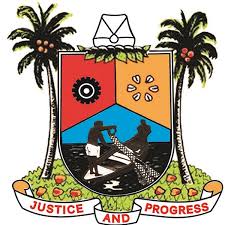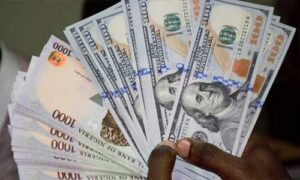Covid-19: Nigeria, eight others disqualified from vaccine bid

By Modupe Shodeinde
The World Health Organisation-led COVAX global initiative has disqualified Nigeria and eight other African countries from the bid to receive the Pfizer vaccine.
The Nigerian government had stated that it was expected to receive 100,000 doses through the COVAX initiative, which was set up to ensure rapid and equitable access to COVID-19 vaccines for all countries, regardless of income level.
However, Punch Newspaper reported that the country was not shortlisted for the Pfizer vaccines due to the inability to meet the required standard to store the vaccines at -70 degrees Celsius.
The Director, WHO, African Region, Dr Matshidiso Moeti, at a virtual press conference said only four African countries were shortlisted for the Pfizer vaccine out of the 13 that applied.
According to her, WHO could not risk the Pfizer vaccines being wasted.
She said, “Around 320,000 doses of the Pfizer-BioNTech vaccine have been allocated to four African countries – Cape Verde, Rwanda, South Africa and Tunisia. This vaccine has received WHO Emergency Use Listing but requires countries to be able to store and distribute doses at minus 70 degrees Celsius.
“To access an initial limited volume of Pfizer vaccine, countries were invited to submit proposals. Thirteen African countries submitted proposals and were evaluated by a multi-agency committee based on current mortality rates, new cases and trends, and the capacity to handle the ultra-cold chain needs of the vaccine.
“This announcement allows countries to fine-tune their planning for COVID-19 immunisation campaigns. We urge African nations to ramp up readiness and finalise their national vaccine deployment plans. Regulatory processes, cold chain systems and distribution plans need to be in place to ensure vaccines are safely expedited from ports of entry to delivery. We can’t afford to waste a single dose.”
Punch reported that Nigeria was expected to be on the list of African countries to receive the first set of Pfizer vaccines because of its rate of infection which is now the sixth-highest on the continent.
Only South Africa, Morocco, Tunisia, Egypt and Ethiopia have higher infection rates than Nigeria. But Morocco and Egypt have already independently obtained vaccines and begun distribution while South Africa, which has the highest burden of the disease in Africa, has already procured one million doses of the Oxford-AstraZeneca vaccine, produced in India but has yet to begin distribution.
Nigeria has, however, received no COVID-19 vaccine even as its rate of infection has continued to surge.
Countries that failed to make the Pfizer list, according to the WHO director, could get the Oxford-AstraZeneca vaccine later in the month although it has not yet been endorsed by the health organisation.
Moeti said, “Nearly 90 million of the Oxford/AstraZeneca vaccine could start arriving on the continent later this month. This is subject to the WHO listing the vaccine for emergency use. The review is ongoing and its outcome is expected very soon.”
It was gathered that the Oxford-AstraZeneca vaccine does not need to be stored in a cold facility.
The WHO director also urged African countries to up their game in the rollout of vaccines.
She said the initial phase of 90 million doses of COVID-19 vaccines would support countries to immunise three per cent of the African population most in need of protection, including health workers and other vulnerable groups in the first half of 2021. I have
She added that as production capacity increases and more vaccines become available, the aim was to provide up to 600 million doses and vaccinate at least 20 per cent of Africans by the end of 2021.
Nigeria is expected to receive the highest number of shipment of the 670 million doses of vaccines secured by the African Union to complement the COVAX efforts.
The distribution of the vaccines,w would be based on population, will be done in 2021 and 2022 as countries secure adequate financing.
The African Export-Import Bank will facilitate payments by providing advance procurement commitment guarantees of up to $2bn to the manufacturers on behalf of countries.








